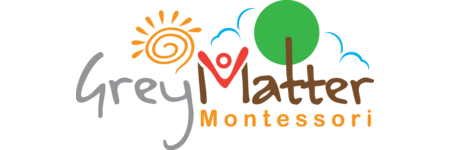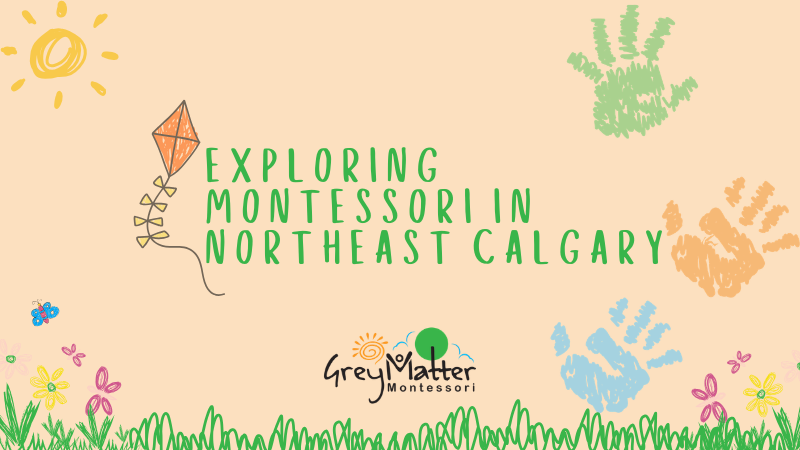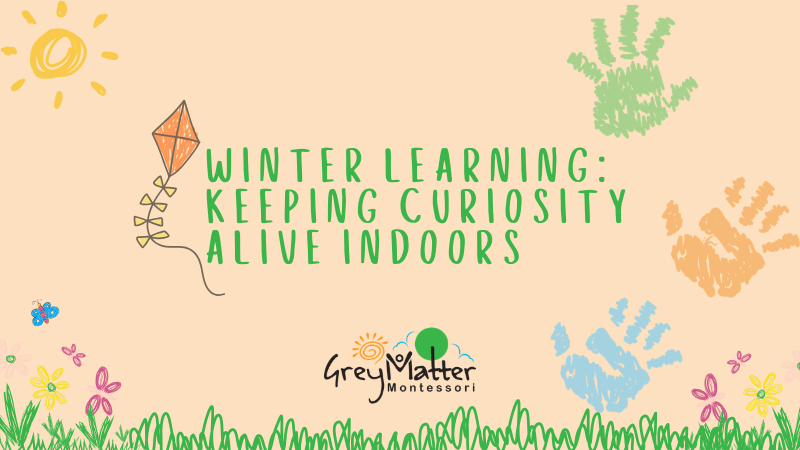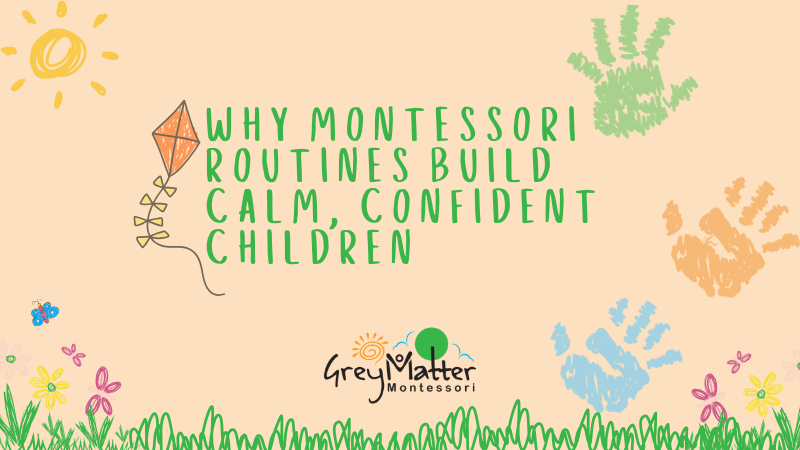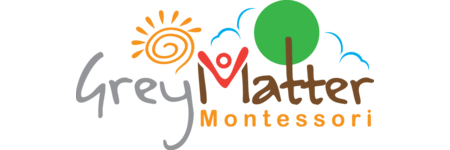Montessori preschool education is a child-centered approach. The popularity of Montessori is global and the program has been adapted across continents. This type of education fosters intrinsic motivation and self directed learning which contributes to children’s long term academic and personal development. Maria Montessori’s educational philosophy emphasizes child independence, to have freedom within limits and the role of the prepared environment. It is important for this program to foster a love for learning, individualized learning paths and a multi-age classroom structure. There is a concern among parents about academic rigor and challenges in standardized assessments but a study by the American Montessori Society shows that preschool graduates from the program demonstrate stronger executive functioning skills, social competencies and greater enthusiasm for learning compared to their non-Montessori peers.
What does Montessori look like around the world?
Montessori Curriculums in Europe:
Key features of the program include but are not limited to child-centered learning, prepared environments that are carefully designed to stimulate learning, mixed-aged classrooms and uninterrupted work periods. In Europe, Montessori programs are found in a variety of settings such as preschools, kindergartens and primary schools. The program differs in its cultural context, language and socioeconomic factors. The local curriculum needs to be integrated and the teachers may have training that will vary between continents.
Montessori Curriculums in North America:
North America offers its Montessori programs in traditional and hybrid models. The program is very popular in the United States and Canada. It includes the same key features as the Europe program and differs in its incorporation of technology and parental involvement. Parental involvement is emphasized and schools encourage open communication with parents to involve them in their child’s learning journey. Some traditional forms of assessment to meet local standards are also integrated in North America.
Montessori Curriculums in Asia:
The program in Asia also shares the foundational principles of Montessori education with programs in other continents.The cultural context, multilingual environment and influence of eastern philosophies are ways in which the program differs. In some countries,Montessori programs may be more accessible to a broader range of socioeconomic backgrounds, making the approach available to a diverse population.
Montessori Curriculums in Africa:
Africa is a continent with tremendous cultural diversity, and Montessori programs in different regions may embrace and celebrate this diversity through inclusive learning materials, cultural studies, and events. The programs may place a particular emphasis on incorporating local knowledge, traditions, and values into the curriculum to make learning relevant and meaningful to students. There is also a focus on nurturing not only academic excellence but also the holistic development of the child, including social, emotional, and physical aspects. Other foundational principles of Montessori are also included. The flexibility of the Montessori approach allows it to adapt and resonate with diverse cultural and educational contexts across the continent.
Montessori preschool education is a powerful and adaptable approach to early childhood learning, embraced across continents for its child-centered philosophy. With its emphasis on intrinsic motivation, self-directed learning, and the prepared environment, Montessori nurtures a love for learning, individualized paths, and multi-age classrooms. Despite concerns about academic rigor, studies show that Montessori preschool graduates excel in executive functioning, social competencies, and enthusiasm for learning compared to non-Montessori peers. As we explore Montessori curriculums around the world, we discover the unique ways in which the approach resonates with diverse cultures and educational landscapes. Most of the programs will differ in their cultural approaches, how they align with local curriculums and their teaching training programs.
